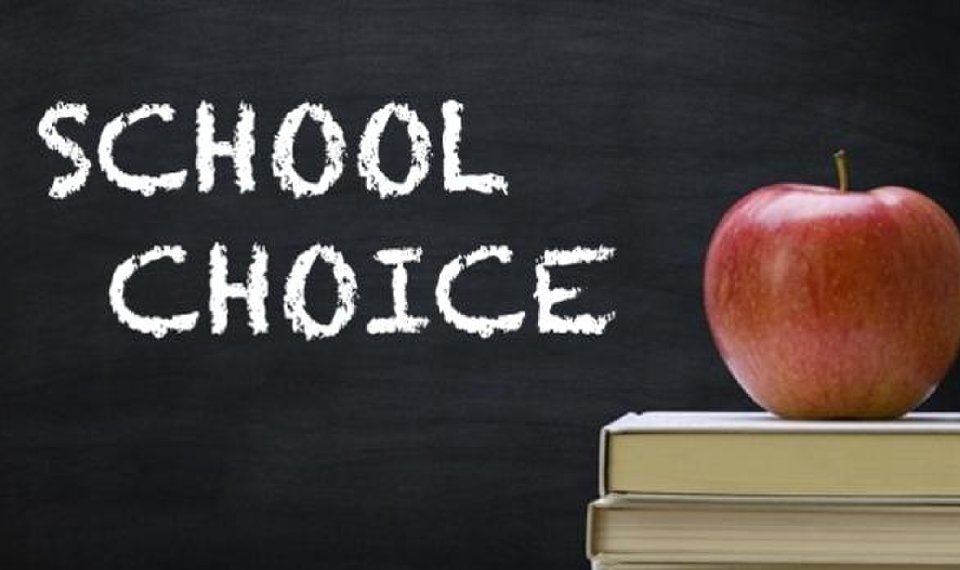Representatives from member school districts of the Rural School Advocates of Iowa convened their Annual Meeting on Tuesday, October 25, at 4:30 PM at the FFA Enrichment Center in Ankeny. RSAI advocates on behalf of the students, parents and communities in rural Iowa to ensure that all students have access to a great Iowa education, regardless of where they live. RSAI members include 179 Iowa school districts, several of which are among the largest geographic school districts in the state.
School funding, known as State Supplemental Assistance, or SSA, was a clear priority for RSAI members. Superintendent Janet Stutz, Grinnell-Newburg CSD, said this funding is not just a priority but supports the very survival of rural schools. “In September, our Governor issued a press release celebrating a state surplus ending the 2022 Fiscal Year with nearly $3 Billion in the state coffers. That’s Billion with a Capital B,” she stated. “Despite the state’s fiscal strength, the Legislature only set a modest increase of 2.5% last year. This anemic level of funding has been consistent over the last 13 years, which only one year during that time providing an increase of 4%. This funding is crucial to provide the staff, support and resources to educate our students.” School funding primarily pays for people. The teachers, counselors, librarians, administrators, nurses, secretaries, coaches and custodians, many in critical short supply today in rural schools. According to Superintendent Mike Kruger, West Fork CSD, “Low funding inhibits our ability to attract and retain staff and to remain competitive with the private sector in Iowa’s growing economy.”
Staff shortages was also high on the list of priorities for rural schools. Superintendent Kimberly Lingenfelter, Cherokee CSD, advocated for flexibility and supports for rural schools to recruit and retain great teachers, bus drivers and staff, but also said “all of us and our state officials need to change the culture of political speech; to restore education to a respected profession.” Superintendent Sharon Dentlinger, Interstate 35 CSD expressed concerns about proposals to expand school choice. “Any expansion of school choice, sending funding to private schools for student tuition, will increase demand for more teachers in private schools. We are concerned that our good rural school teachers will be poached by private schools wanting to expand, taking their skills and their families with them.”
School Choice: members of RSAI, for the first time, approved a legislative priority opposing the expansion of State support for private schools without first adequately funding public schools. Superintendent Michelle Havenstrite, PCM CSD, talked about the proposal, which did not advance in the Iowa House last Session. “Our need for sustainable funding for public schools is threatened by diverting $79 million for private school tuition. Especially for our smaller school districts, the loss of just 2-3 students can create budgeting and staffing challenges. Although many of our rural communities do not have private schools today, we are concerned about the expansion of private schools once this funding is in place.”
Poverty: Rural Iowa communities have seen an increase in the number and concentration of students from low-income families. Iowa’s funding formula, unlike the majority of other states, does not have a poverty factor to generate funding to help cover mandated fee waivers and provide additional supports that lower-income students and families need for success. Superintendent Joel Pedersen, Cardinal CSD, stated, “Rural poverty has real and profound impacts. Challenges associated with mental health, drug addiction, poor housing, lack of access to health care and job loss were all further complicated by the pandemic and most districts have seen increased student achievement gaps. Family stress can inhibit parents’ abilities to connect with the school as partners for school success.”
RSAI members also included the following issues as additional priorities for the 2023 Legislative Session:
* Local School Board flexibility and authority, including a commitment to implementing Home Rule and interpreting Iowa’s laws (liberally construing the statute and court rulings) to effectuate the purposes of local control.
* Quality Preschool, including funding for 3- and 4-year-old preschool at a 1.0 weighting, to help provide full-day service and cover transportation costs in rural schools
* Student mental health, including resources to assess and address students’ social, emotional and behavioral needs, especially for Iowa’s rural students living in communities without mental health providers.
* Formula and Transportation Equity: formula equity, closing the state and district per pupil gap within ten years and continued transportation equity support without burdensome reporting requirements.
* Sharing Incentives/Efficiencies: extension of Whole Grade Sharing, Reorganization and Operational Sharing Incentives. The 21-student cap should expand to allow access to any new flexibility.

















